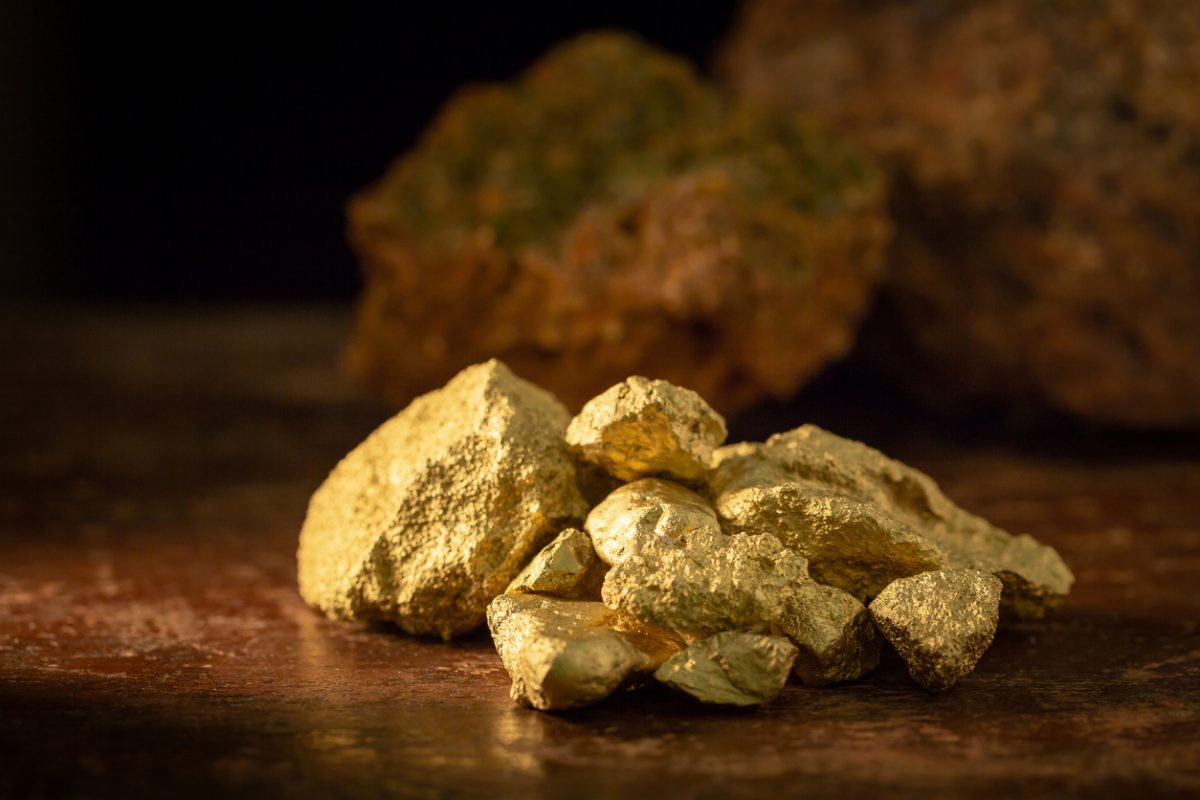BGR investigates raw material production in Burkina Faso, Mozambique and Nigeria.
3TG – that stands for the initials of the four raw materials tantalum, tin, tungsten and gold. Also known as conflict minerals, the circumstances of their extraction are a regular topic of reporting. This is because some of the mining takes place in informal small-scale mines and involves the use of child labor.
The German Federal Institute for Geosciences and Natural Resources (BGR) has now been commissioned by the German Federal Ministry for Economic Cooperation and Development (BMZ) to analyze local production of raw materials in Burkina Faso, Mozambique and Nigeria. The aim was also to identify possible obstacles to the implementation of due diligence obligations imposed on companies importing these materials into the European Union by a corresponding regulation at the beginning of 2021.
However, there is obviously still some way to go on the road to greater transparency, because – according to the key finding of the study – knowledge and understanding of due diligence in supply chains is still very low in the countries surveyed. However, positive developments are also emerging through government initiatives such as the government-sponsored gold purchase program in Nigeria and efforts by industry and stakeholders.
The study concludes with a series of recommendations aimed first at raising awareness among all stakeholders of the need for transparency in the extractive sector, but also including measures to curb informal and thus untraceable trade in these minerals.
The full report can be found here.
Photo: iStock/sirichai_asawalapsakul


